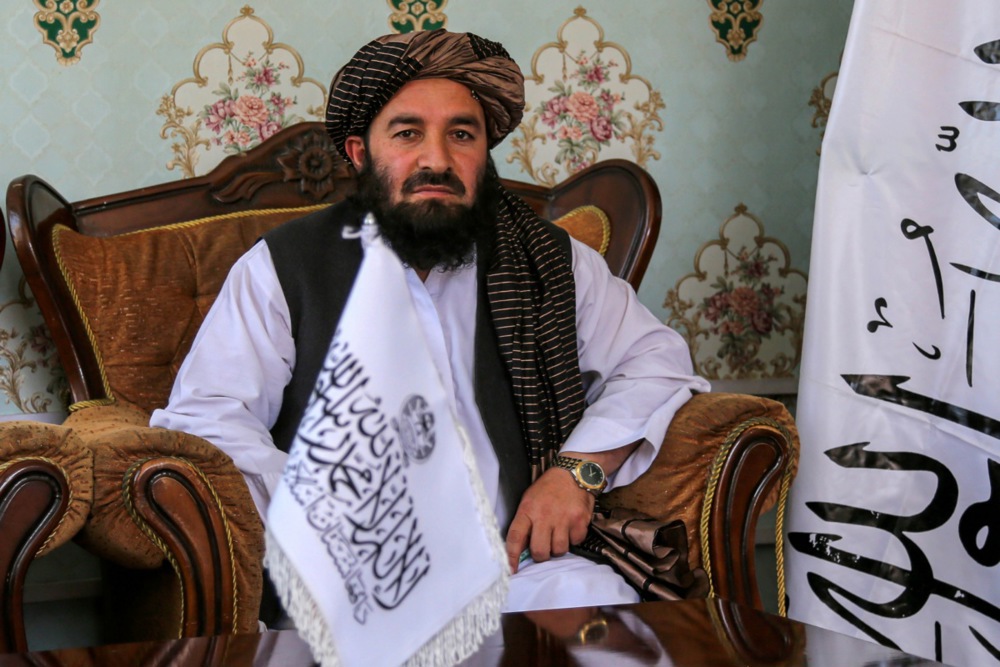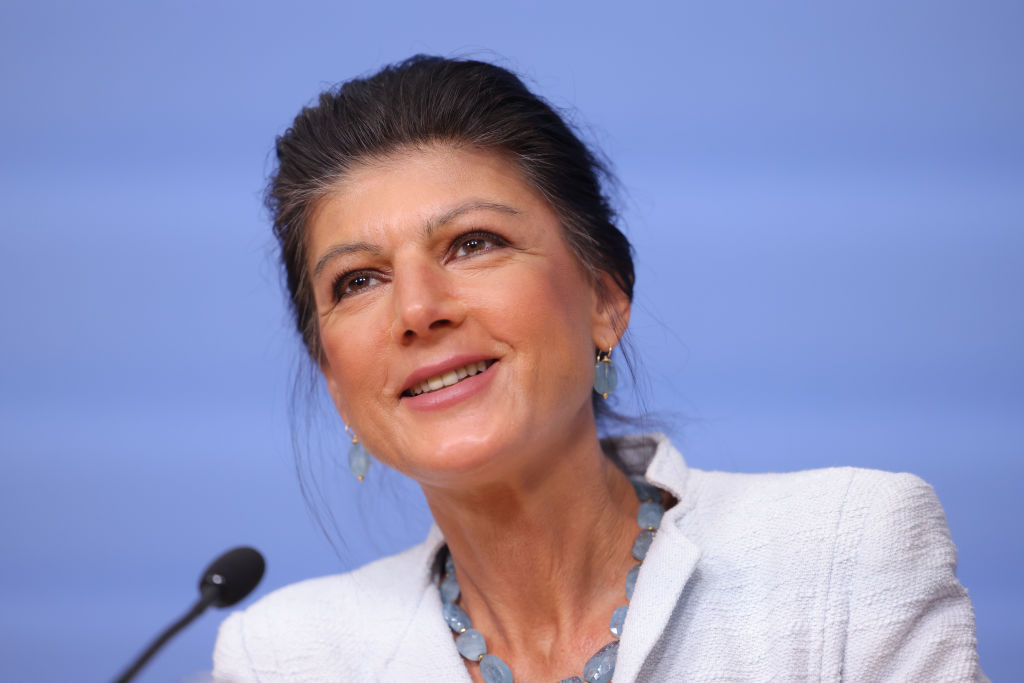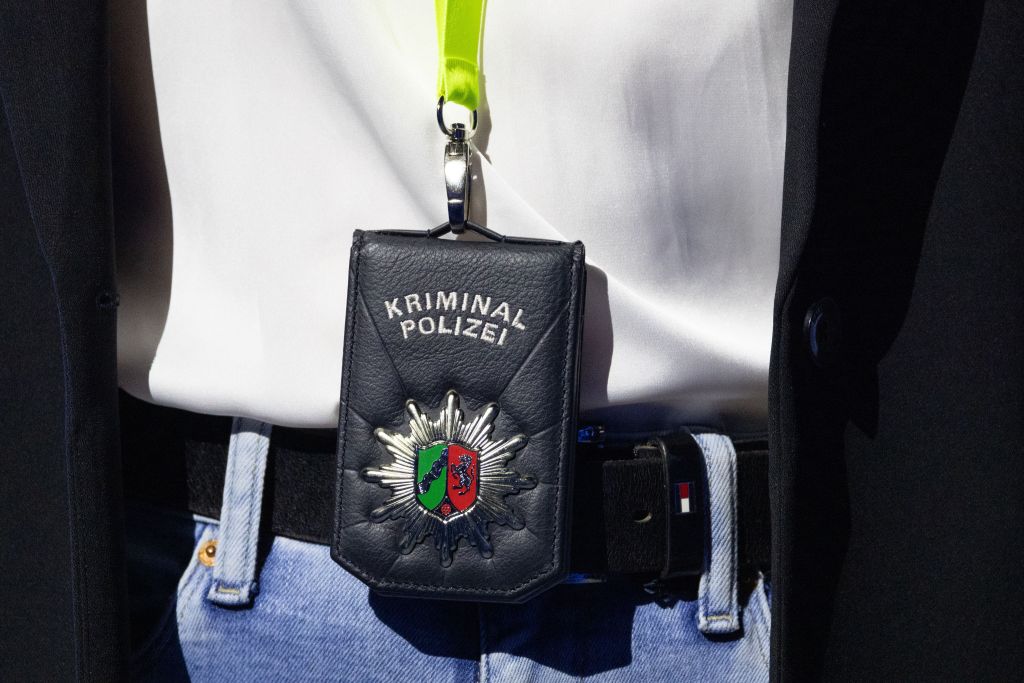After a deadly knife attack in the German city of Solingen, tens of thousands took to the streets to march against Alternative for Deutschland (AfD) in Saxony and Thuringia.
On the evening of August 23 during the Festival of Diversity in Solingen to celebrate the city’s 650th anniversary, an immigrant allegedly killed three people. Eight others were injured, five of them seriously. One person is in a critical condition in hospital.
The suspect is reported to be a Syrian, with possible connections to the Islamic State. According to the reports, the suspect should have been deported in 2023.
The 26-year-old man came to Germany from Bulgaria and had his asylum application rejected. According to the so-called Dublin rules of the European asylum system, Bulgaria should have been responsible for his deportation.
On the morning of August 26, German Chancellor Olaf Scholz (SPD) visited Solingen to honour the victims.
Less than 48 hours after the deadly assault, rallies took place in Saxony and Thuringia, protesting against the AfD. With state elections on September 1, the protestors aimed to present a “firewall” against “the far-right.”
“With our demo, we … call on all democratic parties to draw a line [under] the far-right and the AfD – before and after the state elections,” the organisers said.
In Dresden, where the three slain victims were remembered, some warned against any political appropriation of the deadly act. Leipzig’s Lord Mayor Burkhard Jung, an SPD politician, warned of the dangers of right-wing extremism.
In Erfurt, 4,500 people demonstrated against the AfD under the motto: “Stop right-wing extremism – go to the polls on Sunday”. Prominent Green politicians were present, including Ricarda Lang and Katrin Göring-Eckardt.
Mehr als 7000 Menschen sind heute in Erfurt auf der Straße. Sie zeigen das weltoffene Gesicht Thüringens. Die Menschen in Thüringen stellen sich gegen Rassismus, Antisemitismus und Rechtsextremismus. Sie stehen auf und ein für Vielfalt und eine lebendige Demokratie. #ef2508 pic.twitter.com/jYICwO3ghK
— Katrin Göring-Eckardt (@GoeringEckardt) August 25, 2024
There were demonstrations in Solingen itself. Young Alternative, the youth organisation of the AfD, held one under the motto “Remigration saves lives”, attracting around 30 to 40 participants.
They were outmatched by a counter-demonstration under the banner “Wuppertal [city] makes a stand”; 150 to 200 people showed up. They said they wanted to “mourn the victims of the Islamist attack” and “stand in the way of the Nazis”.
Some demonstrators in Solingen stood in front of an asylum seekers’ home to express their solidarity and to protect it from alleged imminent right-wing attacks.
While the hard-left used the attack to protest against the AfD party, Socialists tried to play down the consequences. SPD federal chairwoman Saskia Esken said on TV channel ARD on August 25: “I don’t think there is much to learn from this attack in particular, because the perpetrator was obviously not known to the police and was therefore not under observation.”
She stressed that it was impossible to monitor every person in Germany. “We should not give up our freedom for the sake of security, and we will not do so.”
Esken also claimed that “very many of the millions” of Syrians living in Germany have come to the country “fleeing radical Islam”.
In contrast, the Christian Democrats called for “answers” from interior minister Nancy Faeser (SPD). Its parliamentary group demanded she reveal all she knew about the alleged perpetrator, as well as her plans to improve the security situation in Germany.
CDU leader Friedrich Merz called for an immediate stop to admissions from Syria and Afghanistan. In an open letter he also demanded that refugees who travelled to their home countries should have their German residence status revoked.
The federal government “must immediately overturn the eased naturalisation rules that the traffic light coalition had decided, as well as remove the possibility of dual citizenship”, Merz demanded.
Research by the magazine Junge Freiheit showed that Christian Democrats, when in power, seldom deport illegal immigrants and rejected asylum seekers.
„Nicht #Messer sind das Problem, sondern die Personen, die damit herumlaufen. In der Mehrzahl der Fälle sind dies #Flüchtlinge, in der Mehrzahl der Taten stehen islamistische Motive dahinter. Es reicht. Jetzt ist der @Bundeskanzler gefragt.“ ™ https://t.co/ToiCoKCGM6
— Friedrich Merz (@_FriedrichMerz) August 25, 2024
In the regions of Thuringia and Saxony, AfD is leading in the polls, with 30 per cent and 32 per cent support respectively.
In Thuringia, it is followed by the CDU (21 per cent), Sahra Wagenknecht’s new party BSW (20 per cent) and the hard-left Die Linke (14 per cent). In Saxony, the CDU polls at 30 per cent and BSW at 15 per cent. All other parties have less than 6 per cent in both regions.





